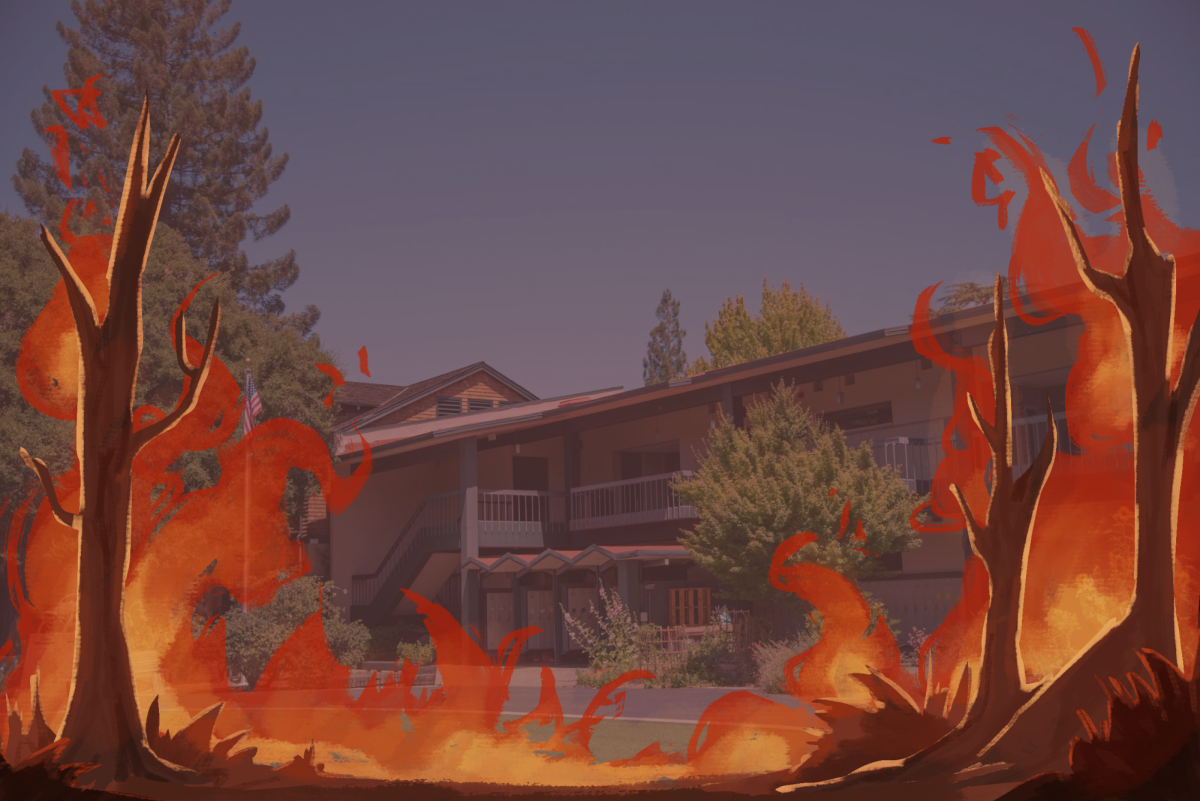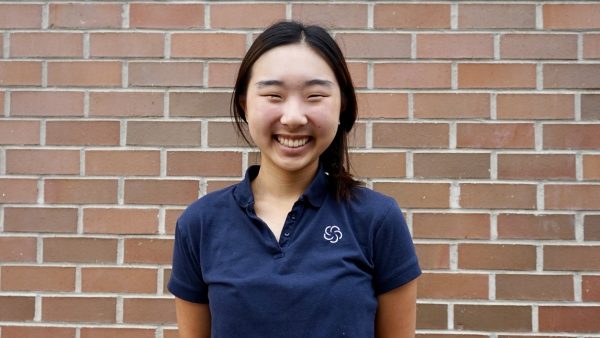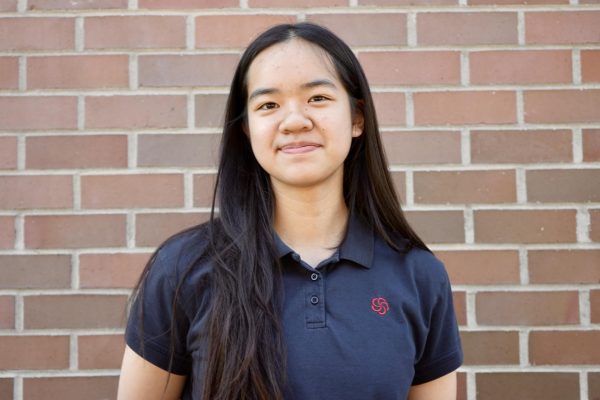It’s been two months since the Los Angeles wildfires erupted. While the wildfires have been completely eradicated since then, families who have been affected—which include Castilleja families—continue to seek a sense of normalcy, especially with the schools and homes that have burned down.
An example of this is Zoe Frank’s ’26 family. “They lived in the Palisades, and my little cousins are 13 and 10, and their house was burned down, and the elementary school was burned down,” Frank said. “The middle school was okay, but their house and things burned and a lot of their friends’ houses and their neighborhood all burned down too.”
When the wildfires first started, Casti students felt a range of emotions. Lila Cole ’25 felt worried for her grandparents, who live in Hollywood Hills. “When the sunset fire started, that was really close to where they lived, and it was pretty scary,” Cole said. “Some of the places I’ve gone hiking with them were shown to be on fire. They had to evacuate and were gone for a couple of days.”
Cole said that her mom and aunt had an app called Watch Duty, which helped their family keep track of wildfire developments and support her grandparents accordingly. “[My mom] was mostly the one who was responsible for keeping up with the news,” Cole said. “Being at school, I try not to be too distracted. But at the same time, I was pretty worried, and I was getting a lot of notifications from my family.” Cole said that she checked the news more often during this time.
Frank and Juliet Schmeltzer ’26 were both on their Global Investigator Trips (GIT) when they found out about the wildfires. “Obviously, nobody in Morocco was talking about it,” Schmeltzer said. “It was weird to be in a different place where it wasn’t as big of a deal and then to come back here where it’s such a huge deal and all the news was about it.”
Frank, Schmeltzer and Cole all found the politicization of wildfire aid to be frustrating, disappointing and worrisome. “Ultimately, it’s just challenging to see an event that is very near and dear to the hearts of many people around you being turned into a political game piece, while you’re mostly just worried about the individuals who are actually involved,” Cole said.
Cole’s family also faced difficulties when communicating with Cole’s grandparents: “Culturally, they didn’t want to feel like they were imposing, so it was like that bùhǎoyìsì mindset [不好意思, the notion of not wanting to inconvenience others or embarrassment].” For Cole, the hardest part was “trying to make sure that they really understand that it’s of critical importance that they evacuate, that they are not in their home and that while they may feel like they’re imposing, the best thing for their safety would be to go stay with [their] other relatives.”
The loss, worry and frustration felt by Casti students have reinforced the importance of climate action. “I’ve always been relatively passionate about climate change, but now it’s just personally impacted me and my family,” Frank said. “It’s definitely becoming more and more real that it can impact anyone.”
Cole said that these wildfires have allowed her to recognize the importance of climate action. Similarly, Schmeltzer said that the L.A. wildfires have led her to better understand the measures she can take towards climate action.
To allow us to continue to remember the long-lasting impacts of the wildfires, Cole said that Castilleja “could think about having a wider range of [resources] and always ensure that they have sources that are focusing on these issues that are especially significant to California and the Bay Area.”
Cole said that “it was really interesting to learn about the history of redlining in L.A. and how Altadena is this neighborhood where there’s a really large Black community,” a topic she learned about during a DEILC meeting.
Moving forward, Schmeltzer said that we should check in with wildfire victims and ask them what support they need. When donating to drives, she said that we shouldn’t “just [send] in really worn-out clothes or anything that [we] wouldn’t personally want.”
Last, Cole said that we have a responsibility to educate ourselves on those affected by the wildfire, as it “create[s] a more personal connection” and “ensure[s] that people see that the impact of the aid they’re giving is really important.”




